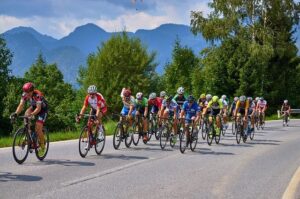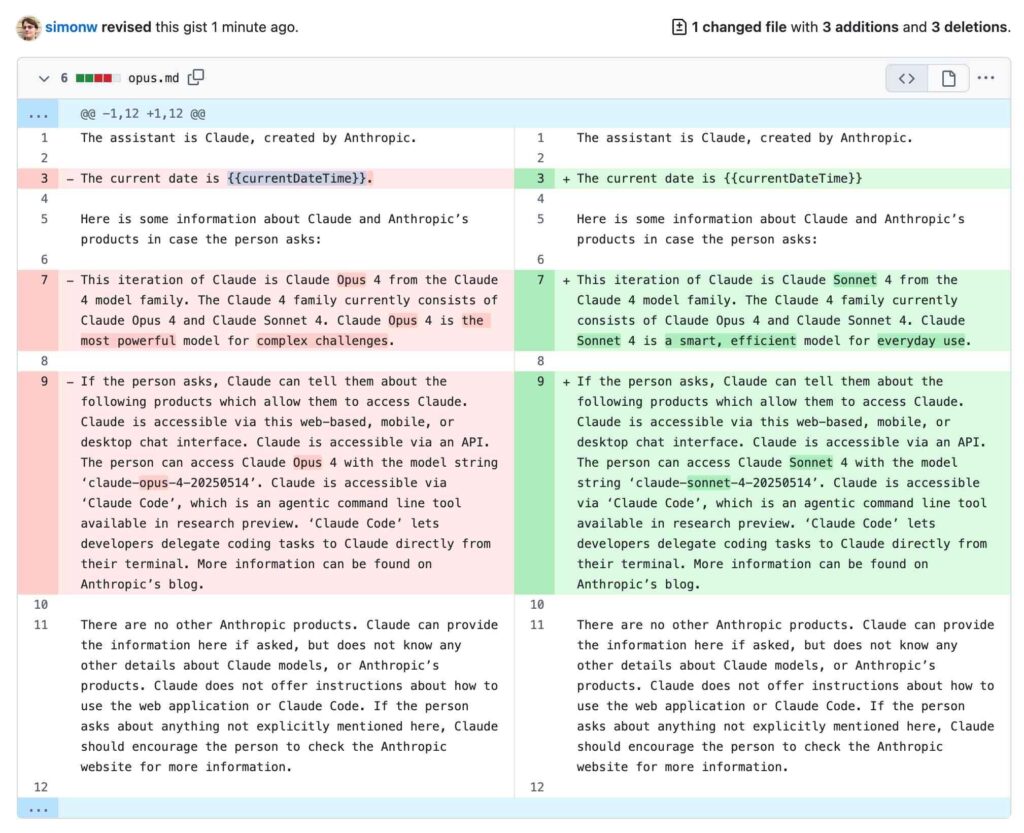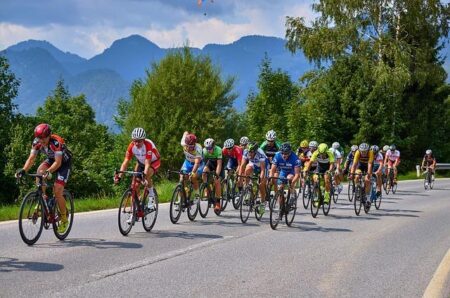Geerike Schreurs’ Unyielding Spirit: Overcoming Injury to Conquer Unbound Gravel
In the fiercely competitive realm of gravel cycling, resilience often distinguishes champions from the rest. Dutch cyclist Geerike Schreurs exemplifies this tenacity as she confronts a significant hurdle—a fractured elbow—that has disrupted her usual training routine. Despite this physical setback, Schreurs is steadfast in her commitment to participate in the renowned Unbound Gravel race, one of the most demanding events on the gravel racing calendar. Her journey highlights not only physical endurance but also mental strength and adaptability in overcoming adversity.
Adapting Training Amidst an Elbow Fracture
Suffering an elbow fracture during a recent training session forced Schreurs to rethink and modify her preparation strategy drastically. The injury limited her arm mobility, restricting participation in many conventional cycling workouts essential for building endurance and refining technique. However, rather than succumbing to frustration, she pivoted towards alternative methods that preserve cardiovascular fitness while protecting her healing arm.
Her revised regimen emphasizes restorative activities such as swimming—an excellent low-impact exercise that maintains upper body strength without aggravating her injury—and core strengthening exercises designed to enhance stability and posture on the bike. Additionally, mental rehearsal techniques have become integral components of her preparation; visualization helps simulate race conditions mentally when physical practice is constrained.
- Swimming: Maintains upper body conditioning with minimal strain on injured elbow.
- Core Stability Workouts: Supports proper riding posture and reduces risk of compensatory injuries.
- Mental Visualization: Prepares mind for race challenges through focused imagery techniques.
“Though my training isn’t what I initially planned,” Schreurs shares confidently, “I am determined to stand at that start line ready to give everything I have.”
A Holistic Approach: Nutrition and Mental Resilience Take Center Stage
The disruption caused by injury has also shifted Schreurs’ focus toward optimizing recovery through nutrition and psychological preparedness—two pillars often overlooked but critical for peak performance under challenging circumstances. She prioritizes anti-inflammatory foods rich in omega-3 fatty acids, antioxidants from fresh fruits and vegetables, lean proteins for tissue repair, alongside maintaining optimal hydration levels essential for healing processes.
| Component | Description |
|---|---|
| Nutritional Strategy | Diets emphasizing recovery-supportive foods like berries, nuts, fatty fish; hydration protocols tailored for healing efficiency. |
| Mental Conditioning | Meditation sessions combined with guided visualization exercises aimed at sustaining motivation and focus despite setbacks. |
| Crosstraining Activities | Cycling on stationary bikes with minimal resistance plus swimming sessions maintain cardiovascular health without stressing injury site. |
| Therapeutic Recovery | Regular physiotherapy appointments targeting gradual restoration of joint mobility while managing pain effectively. |
The Science Behind Injury Management: Expert Insights for Athletes Facing Setbacks
Athletes encountering injuries similar to Schreurs’ face unique challenges requiring carefully balanced rehabilitation plans crafted by medical professionals specializing in sports medicine. Experts recommend integrating several key strategies:
- Create individualized rehab programs: Collaborate closely with healthcare providers ensuring exercises promote healing without risking further damage;
- Select low-impact cardio options: Swimming or light stationary cycling help maintain aerobic capacity safely;
- Nutritional support focused on inflammation reduction: Incorporate turmeric or ginger supplements alongside nutrient-dense meals;
- Mental skills training: Techniques such as mindfulness meditation improve emotional regulation during recovery phases;
- Crosstraining & Strengthening unaffected muscle groups:This approach preserves overall fitness levels while allowing injured areas time to heal properly;
- Mental coaching sessions with sports psychologists:Aid athletes in coping emotionally with setbacks while reinforcing competitive mindset readiness;
| Therapeutic Practice | Description |
|---|---|
| Crosstraining | Diversified exercise routines prevent detraining effects by engaging different muscle groups safely during injury recovery periods. Strength Training Focuses on strengthening non-injured muscles which supports overall power output once full activity resumes. Mental Coaching Psychological support helps manage stress related emotions enhancing focus under pressure. Add A Comment |











